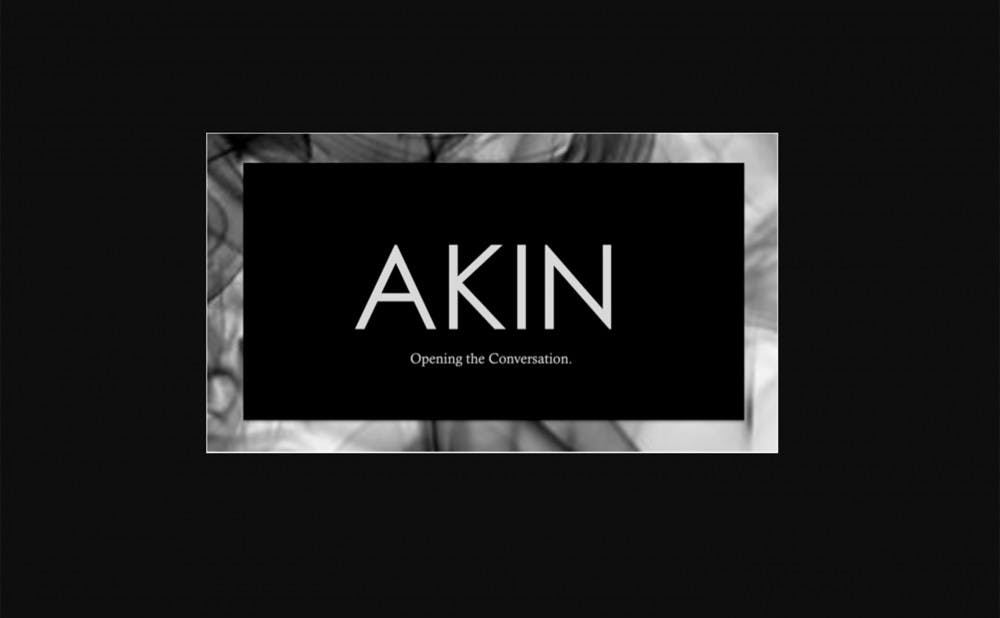A new website aims to foster conversations about complicated topics such as race and identity among Duke students.
Akin, which was created by several students, launched two weeks ago and features articles about identity and an anonymous, online forum accessible only to students. Junior Giselle Graham and several of her friends created the concept in collaboration with Duke's Innovation Co-Lab.
"We're basically lending this as a tool for Duke students to be able to converse about and try to understand identity issues,” Graham said.
Graham explained that she came up with the idea during her sophomore year in the wake of several recent racist and homophobic incidents on campus. She said she noticed that conversations that sprung up after these incidents were often unproductive or one-sided, as many students discussed their thoughts among their social groups, which tend to consist of like-minded people.
Graham and co-founders—Lisa Guraya, Krista Opsahl-Ong and Maya Patel, all juniors—explained that working on the project was an organic process as they were already accustomed to discussing the on-campus race and identity problems among each other.
“There's not really anything like it on campus,” Opsahl-Ong said.
In addition to the four cofounders, the website has writers, photographers and a technology team. The site's main feature is its discussion forum, which requires a Duke NetID to login. Users can then select an alias in order to ensure anonymity.
The forum attempts to strike a balance between the strong opinions of people who use Facebook to have conversations and the unrestrained nature of dialogue on Yik Yak, Opsahl-Ong said. The problem was that Facebook and Yik Yak are two extremes—one clearly identified you as the poster, making your opinions public, while the other ensured complete anonymity, allowing users to say whatever they want with few consequences.
"We wanted something that would let people who were less comfortable talking about race and identity/political issues have a space to learn and speak their mind without being able to say completely random things with no consequences," Opsahl-Ong said.
The forum has guidelines listing rules for users submitting comments. Posts are removed if they are factually incorrect, contain hate speech or are irrelevant to the topic of discussion, the website reads. Current topics on the forum include "political correctness," diversity in the Selective Living Group and Greek life rush process and how President Trump will impact Duke’s campus. Across all topics, there have been 16 replies, at least 16 users and hundreds of page views, according to statistics on the website.
“It really provides a space where people can comment anonymously so they don't feel like what they say is going to get attacked because they are of a certain affiliation," Guraya said. "They can say their opinion and, most importantly, learn from other people with different perspectives and different backgrounds."
In addition to the forum, the team in charge of the site has produced 13 media pieces so far including articles, podcasts, videos and a series of photographs.
The project's name has significance to its work as well.
“It stems from the idea that we're all human, and we all have a common ground,” Opsahl-Ong said.
Get The Chronicle straight to your inbox
Signup for our weekly newsletter. Cancel at any time.

